
Less hate, more great

Charlie Dittmeier's Home Page


The Catholic presence in Cambodia is quite small. There are fewer than 10,000 Cambodian Catholics in a population of 16,000,000 people. Officialdom here has noted the death of Pope Francis, though. Today, on behalf of Bishop Olivier, the bishop of Phnom Penh, I posted to social media and websites three letters of condolence from King Sihomani and from the present and former prime ministers.

The caption above says Cambodia is not leaning toward China and away from the USA.
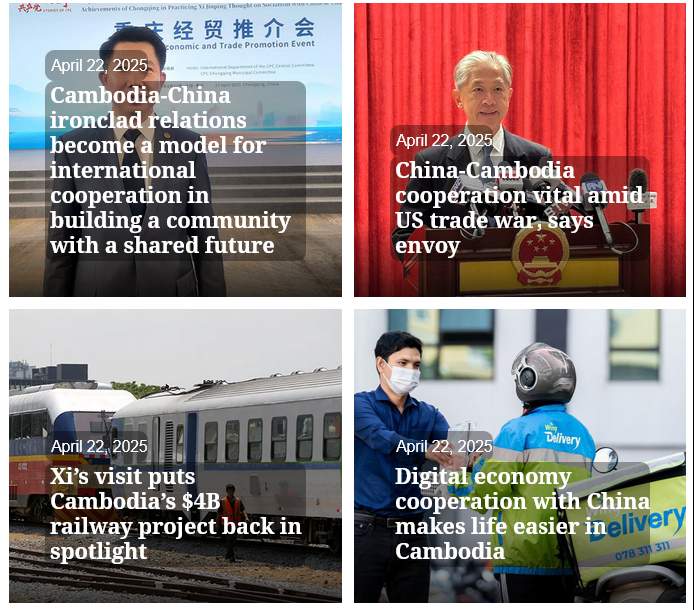
But look at the captions of these other four pictures which were beside the first picture in one photo spread. Every one of them emphasizes China’s dominant relationship with Cambodia.
They speak of international cooperation, an ironclad shared future with China, vital cooperation with China, a major railway infrastructure project funded by China, and cooperation with China in a digital economy.
China’s Premier Xi Jin Ping was in Cambodia last week speaking of all these things (after first visiting Vietnam and Malaysia). At the same time, the US government was attacking China economically and cutting off trade and imposing tariffs. IMHO China doesn’t need to win the war with the US because the US has decided to lose the war.
[All the photos come from the Khmer Times, a local English newspaper.]
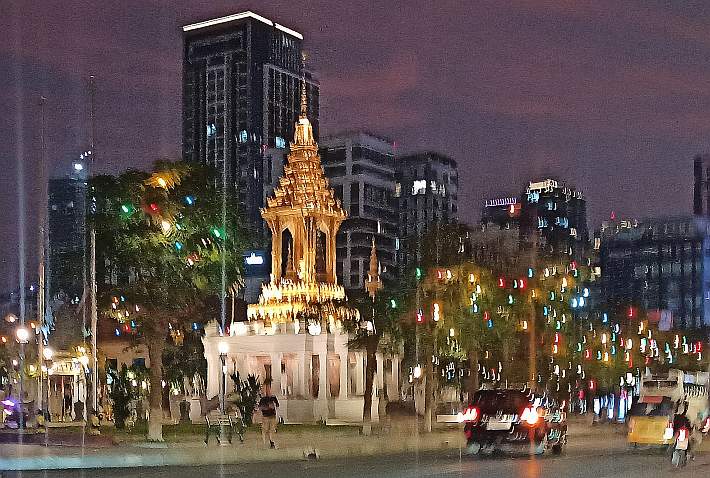
Come Jan. 20, on the inaugural day of his second term, President-elect Trump has promised voters that he will begin a massive deportation effort. It is a deeply menacing threat without any indication of how matters of due process, human rights, respect of persons, respect of families and other matters of human dignity, justice and mercy will govern the deportation. And though we see indications that some Republicans will try to tone down Mr. Trump’s threats, many members of the party that will take control of every branch of our government on that day have not taken any evident steps to address the massive deportation itself.
I, for one, am not waiting for Inauguration Day. I think the threat of mass deportation needs to be urgently addressed by bishops, teachers, theologians, politicians and preachers. We cannot wait to see what happens, especially since the President-elect insists that he means business on that day.
James F. Keenan, S.J., in America
The day after the Water Festival ended, life started returning to normal.
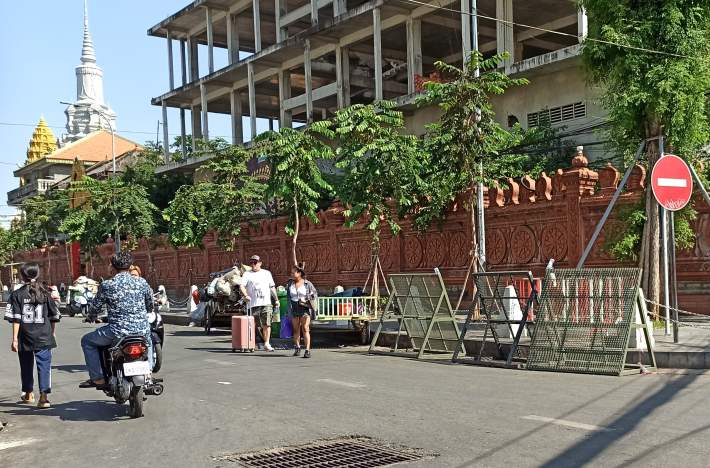
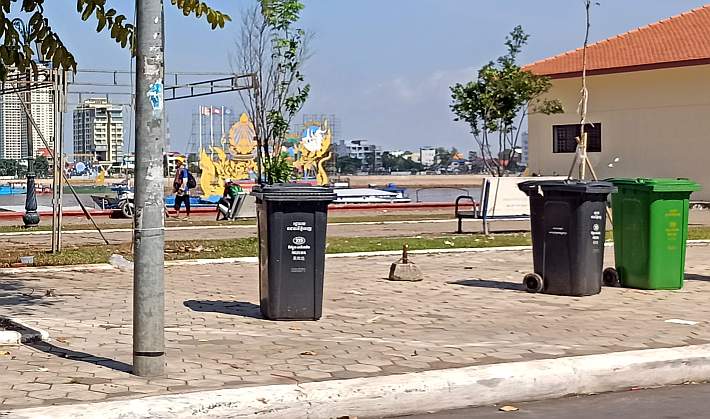
Saturday was the third and last day of the Water Festival.
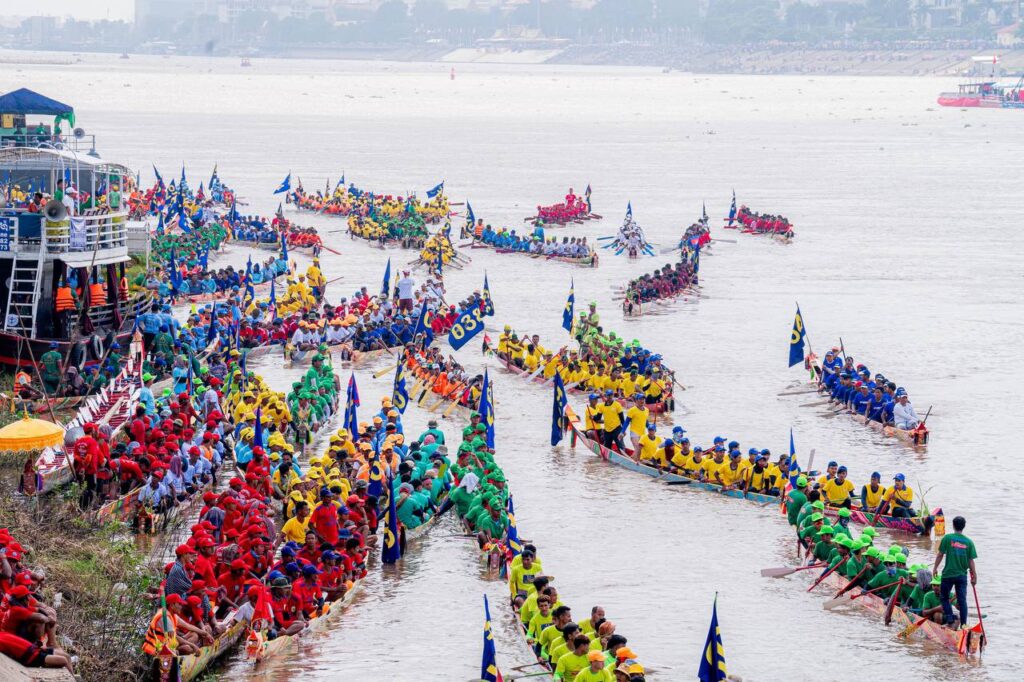
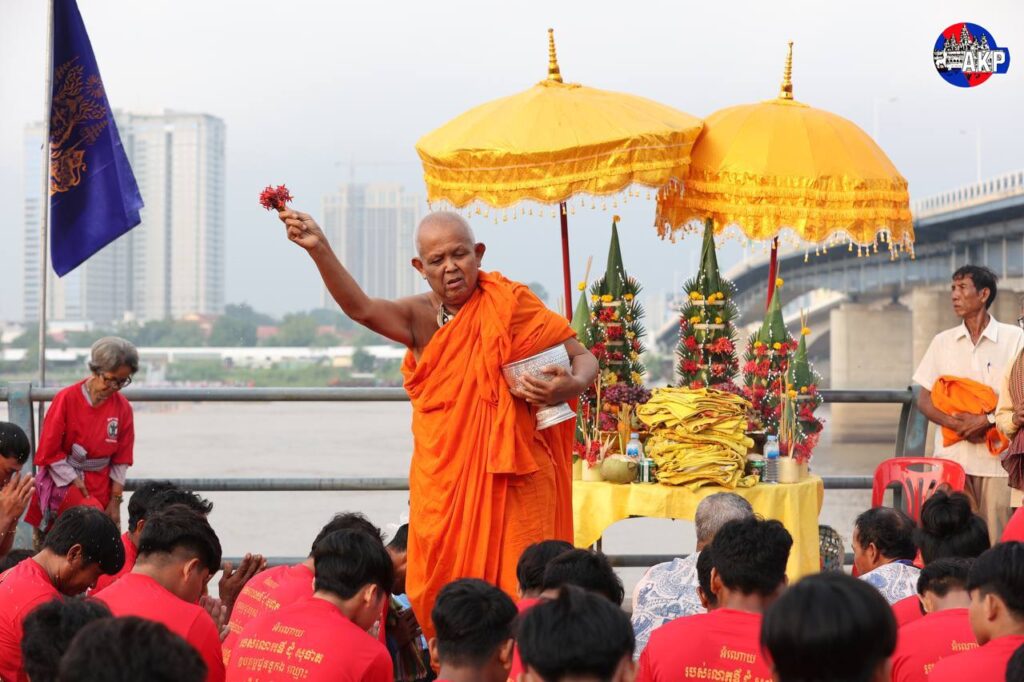

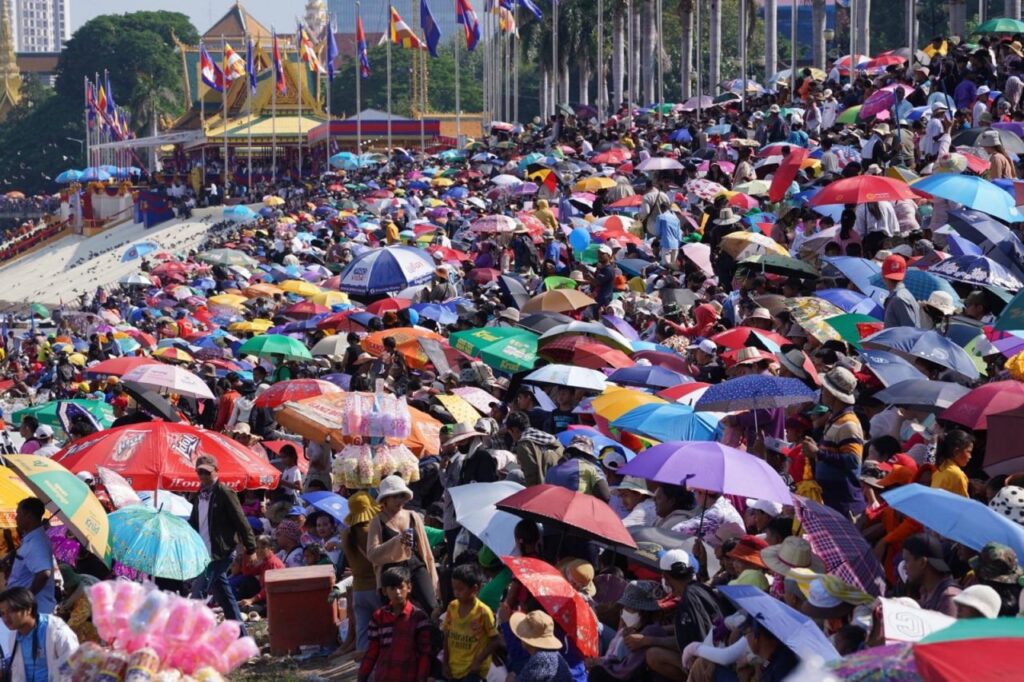
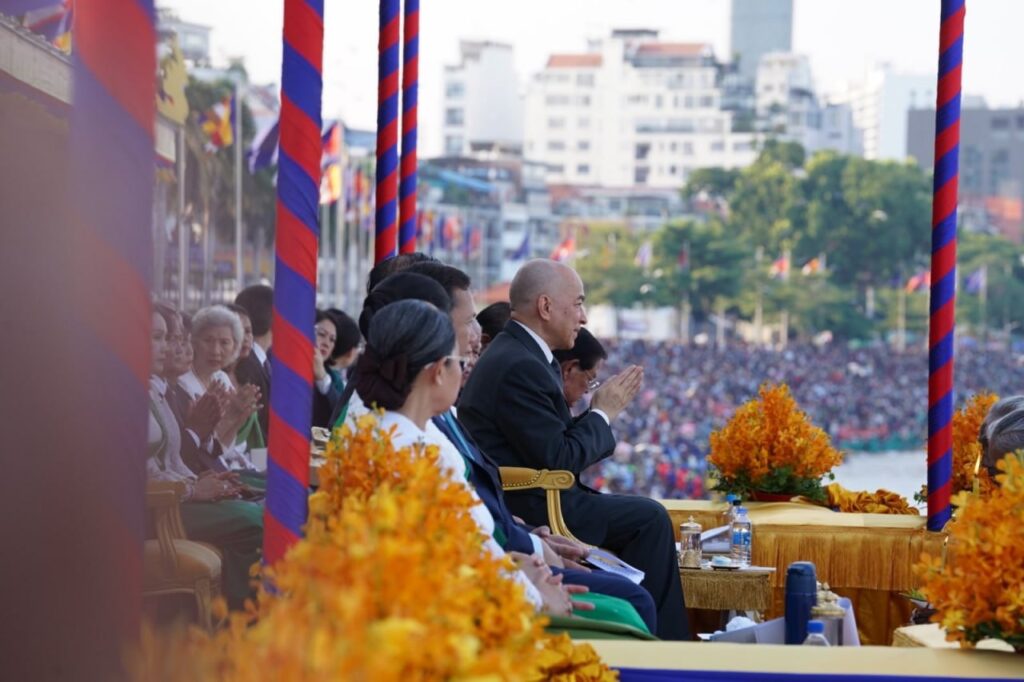
Today is the second day of the Water Festival, a three-day holiday extravaganza. More than a million people come from the provinces to Phnom Penh to watch the annual boat races.
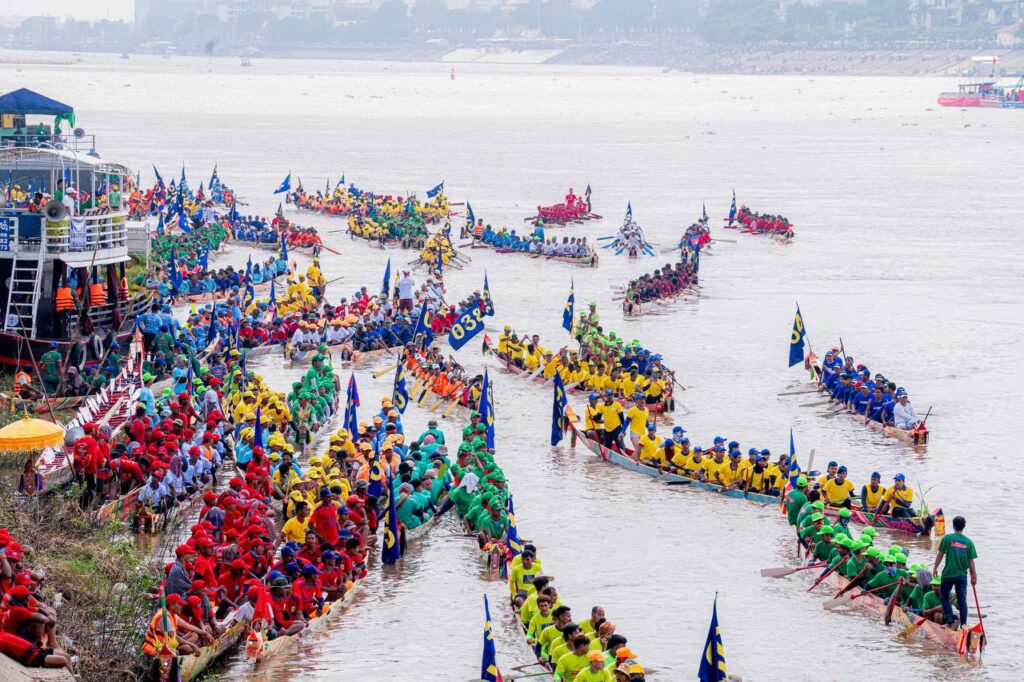
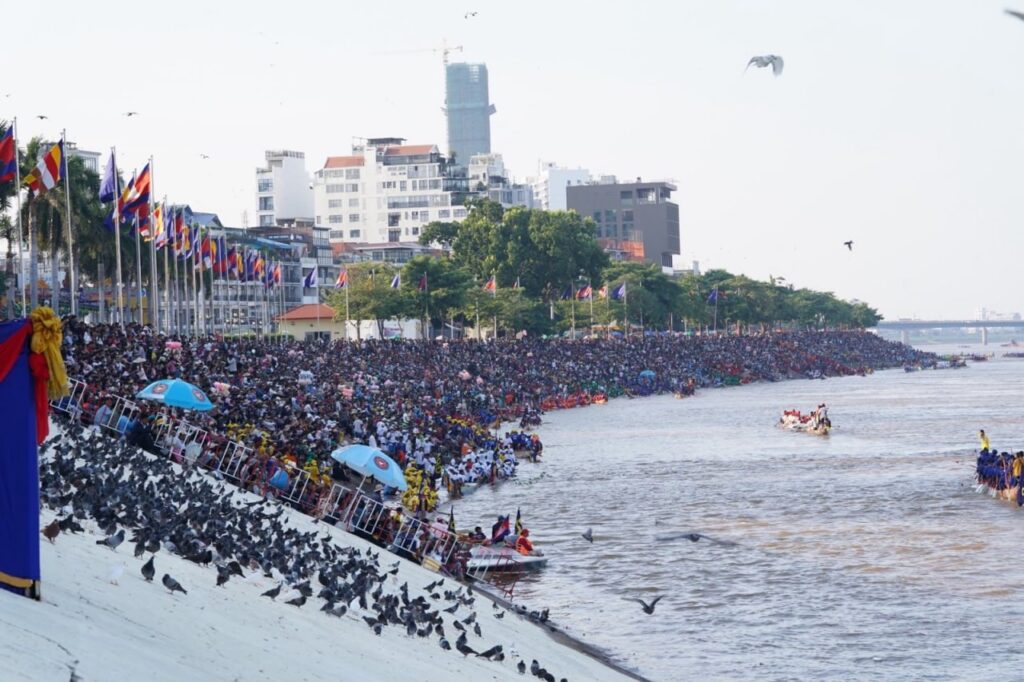
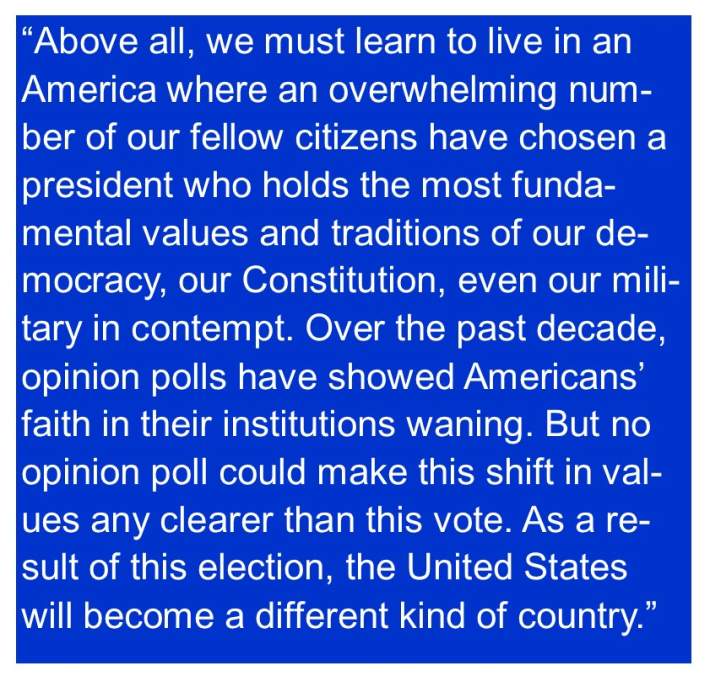
From a commentary by David Frum, staff writer for The Atlantic

From a commentary by E. J. Dionne, Jr., Washington Post columnist